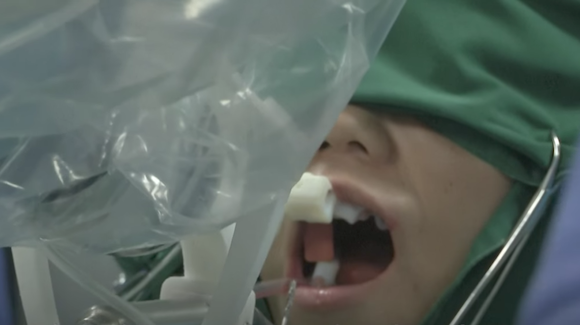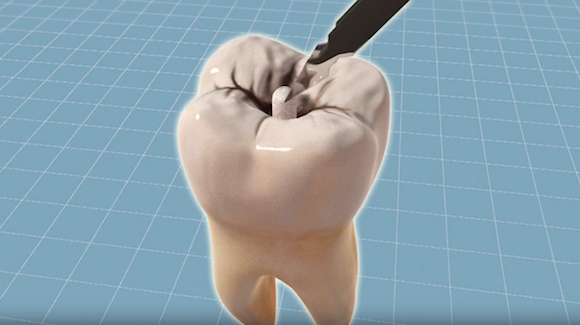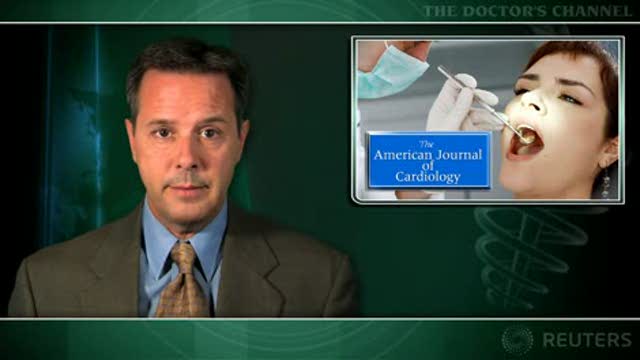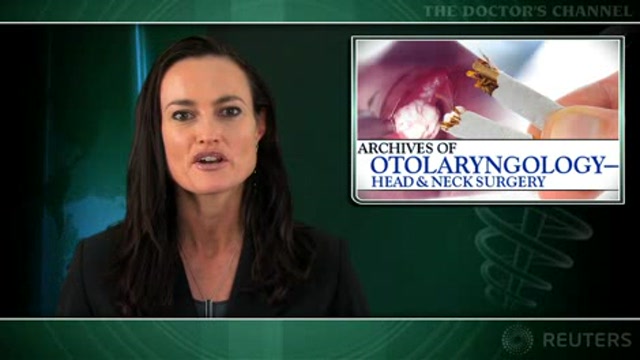The Dentistry Channel
NEW YORK (Reuters Health) – Among children undergoing dental procedures with oral sedation, post-discharge adverse effects are less likely when midazolam rather than chloral hydrate is used, a Brazilian team reports in the Journal of Pediatrics online December 2. “MZ (midazolam) produces effective sedation and is pharmacologically more appropriate than CH (chloral hydrate), which is associated with more adverse events, has a risk of re-sedation at home, and lacks a reversal agent,” the authors conclude.They note in their report that oral sedation is sometimes used for children undergoing a radiology exam, dental work, or as premedication for surgery, for example, but it may be associated with subsequent adverse effects. To look into this, the team studied outcomes among children being treated in a program that provided dental care for low-income pediatric patients.Dr. Luciane Rezende Costa, at the Universidade Federal de Goias, Goiania, and colleagues enrolled 42 children, 1 to 8 years old, who underwent 115 sedated sessions. The sedative used most often was midazolam 1.0 mg/kg, followed by midazolam 1.5 mg/kg, chloral hydrate 100 mg/kg, and chloral hydrate 70 mg/kg.After each session, the children’s guardians were contacted the following day and asked about any symptoms possibly related to sedation: i.e., agitation, nausea, vomiting, dizziness, sickness, difficulty breathing, irritation, hallucination, and excessive sleep. Minor adverse effects, mainly excess sleepiness, were reported after 65 of 103 sessions (63.1%) for which data could be collected. Upon analysis, the researchers found that the likelihood of post-discharge adverse events was much lower with midazolam than chloral hydrate (odds ratio 0.09; p=0.038).Dr. Costa and colleagues point out that they followed recommended guidelines for pediatric sedation, and saw no serious adverse effects. However, they note, life-threatening side effects can occur if guidelines are not followed. “The practitioner responsible for the administration of drugs for pediatric sedation must be competent using such techniques, must provide the level of monitoring required for moderate sedation, and must be able to rescue the patient should a complication occur,” they caution.Reference:Post-Discharge Adverse Events following Pediatric Sedation with High Doses of Oral MedicationJ Pediatr 2011






